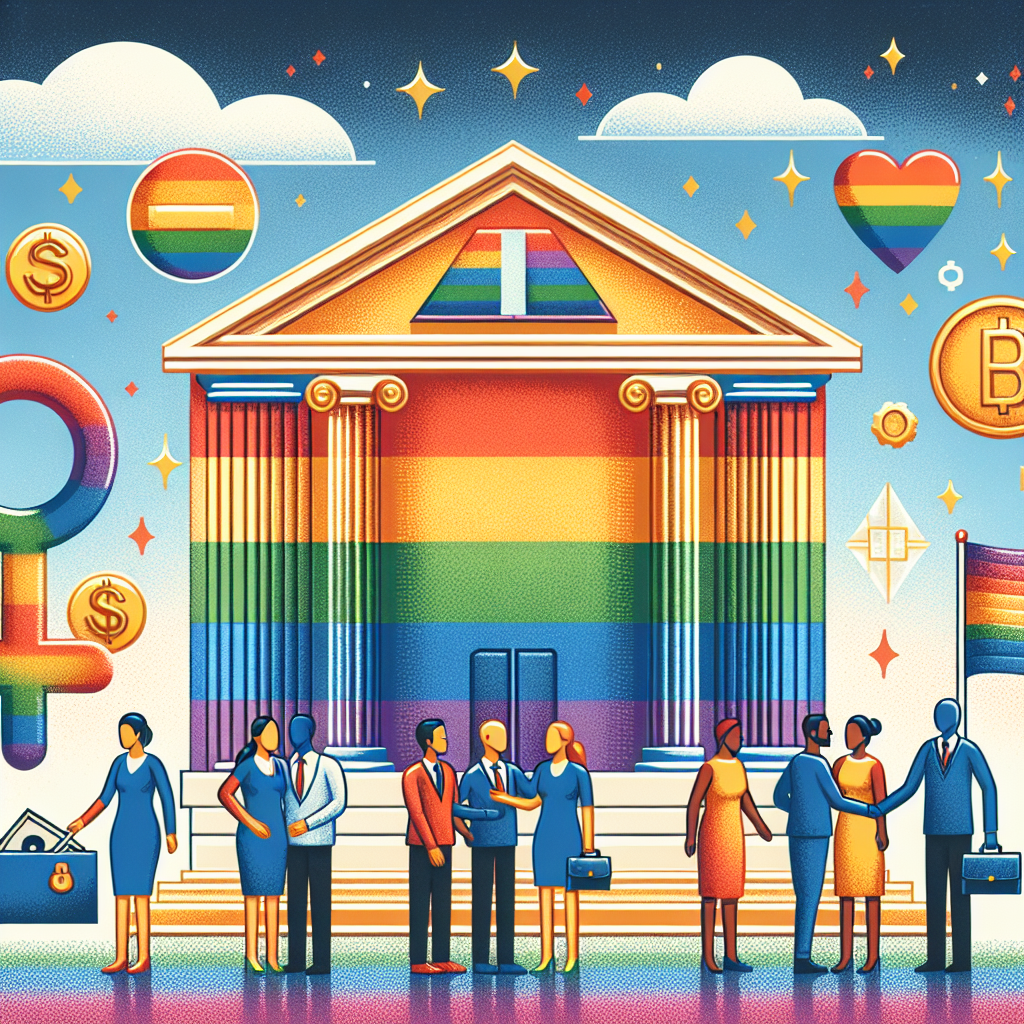The Government of Georgia must repeal a newly passed law that discriminates against the rights to freedom of expression and peaceful assembly, according to UN experts. The legislation, passed by the Georgian Parliament on 17 September, is part of the "Law on Family Values and Protection of Minors," and includes amendments to both administrative and criminal codes.
UN experts say the law contradicts both Georgia’s national and international human rights obligations, promoting bias and restricting human rights advocacy. Despite claims of protecting children and family values, the law disproportionately targets LGBT individuals and those defending their rights, undermining their ability to enjoy freedoms such as peaceful assembly, freedom of expression, and access to information.
On 16 September, six UN Human Rights Council-appointed experts urged the Georgian government not to pass the legislation. They emphasized that this law marks Georgia's most restrictive measure against LGBT rights since joining the United Nations. The experts have called for immediate repeal by Parliament and encouraged the President to veto the law if necessary.
The law imposes severe penalties, including fines and imprisonment, for individuals who advocate for the human rights of LGBT persons, creating a chilling effect on free speech and activism. The UN experts stressed that these amendments infringe on fundamental rights, such as privacy, education, and work, further isolating and endangering marginalized groups.











